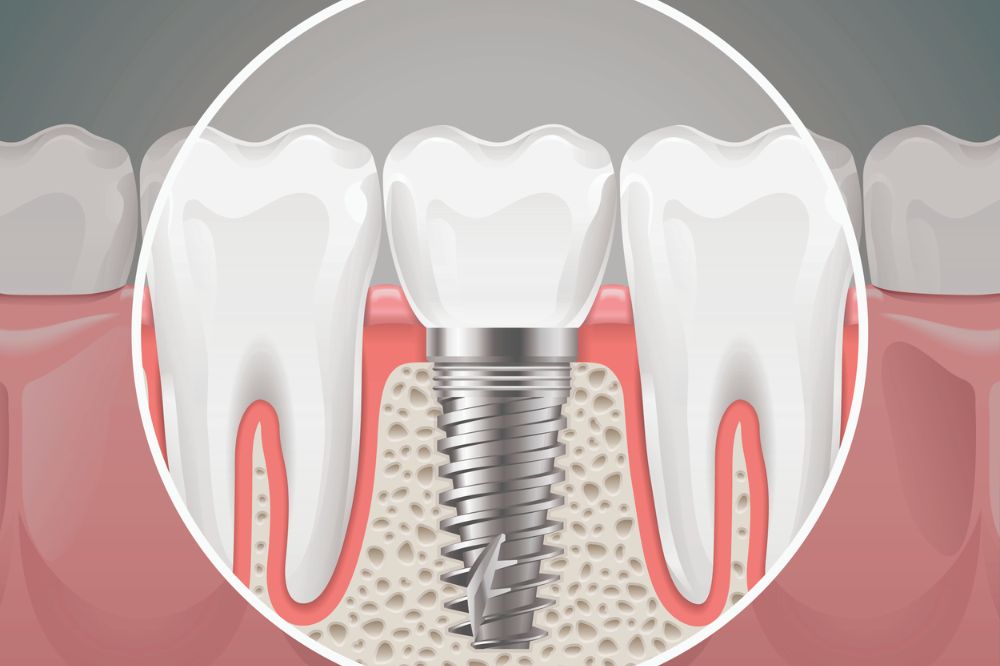If one has been told that they will need a root canal, one may definitely ask, “Well, how long is this thing supposed to last?” After all, dental procedures involve time, effort, and money so that results would naturally have to be long-lasting. As it happens, a root canal in Mississauga is designed as a long-term solution, typically lasting for decades when properly cared for.
In this blog here, we will be dispelling all the details on how long a root canal lasts and how you can ensure it lasts much longer.
Understanding Root Canal Treatments
A root canal is a dental treatment for an infected or damaged tooth pulp. Within every tooth exists a soft tissue called pulp, which has nerves with blood vessels. When the pulp becomes infected due to deep cavities, fractures, or trauma, severe pain is caused and, if left untreated, it can lead to other complications.
The affected pulp is removed during root canal therapy. Then inside of the tooth is cleaned, disinfected and sealed before a crown is put over the treated tooth to reinforce it and restore function. This procedure is no longer painful and leaves the tooth intact.
How long can a Root Canal last?
The longevity of a root canal has a variety of factors, but on the whole, a root canal well done will last from about 10 to 20 years, or even a lifetime. A number of people keep the treated tooth for a lifetime without any issue. However, the success rates depend on various factors like those enlisted below:
1. The Quality of the Procedure
The treating dentist’s or endodontist’s skill determines how long a root canal lasts. An appropriately performed root canal always implies having all infection removed and a proper seal to prevent reinfection of the tooth.
2. The Condition of the Tooth
The tooth’s condition and the extent of damage before a root canal are also considered during this procedure. If the tooth had been significantly deprived of strength prior to the treatment, it might develop a greater propensity to fracture despite a successful root canal.
3. Crowning of the Tooth
Crowns are protective caps placed on the surface of treated teeth to restore strength and functioning. Crowning teeth after a root canal can increase their survival rate as compared to non-crowned teeth. All teeth have an increased chewing force, but molars are highly subjected to chewing forces.
4. Oral Hygiene and Aftercare
Proper oral hygiene is mandatory to sustain a tooth treated with root canal therapy. Cleaning the mouth through regular brushing and flossing, as well as periodic visits to a dentist, prevents any new infections or decay in surrounding teeth.
5. Chewing Habits
Overbites, teeth grinding (which occurs during the night in some), or chewing hard food, such as ice or nuts, can cause fractures in a treated tooth. If you’re a teeth grinder, using a night guard can protect your dental work.
Signs That a Root Canal Needs Retreatment
Although root canals are highly successful, there are rare cases where a treated tooth may develop problems again. Here are some warning signs that might indicate a failed root canal:
- Persistent Pain: If you still experience pain months after the procedure, there might be an issue with the filling or a remaining infection.
- Swelling or Abscess: A pimple-like swelling or pus near the treated tooth could mean reinfection.
- Tooth Discoloration: A grayish or darkened tooth may indicate that it is not healing properly.
- Sensitivity to Pressure: If biting down on the treated tooth causes discomfort, there may be structural damage inside.
If you experience any of these symptoms, it’s crucial to see your dentist immediately. In some cases, a retreatment or an apicoectomy (a minor surgical procedure) may be needed to resolve the issue.
How to Extend the Life of Your Root Canal
The key to making your root canal last as long as possible is simple: “Take care of your teeth”! Here are some important steps to follow:
- Maintain Good Oral Hygiene: Brush twice a day, floss daily, and use an antibacterial mouthwash to keep your teeth and gums healthy.
- Visit Your Dentist Regularly: Regular dental checkups allow your dentist to monitor the treated tooth and address any potential issues early.
- Get a Dental Crown if Needed: If your dentist recommends a crown, don’t delay getting one. It significantly improves the lifespan of your root canal.
- Avoid Hard Foods and Bad Habits: Steer clear of chewing hard objects like ice, pens, or fingernails. Also, avoid clenching or grinding your teeth.
- Address Dental Issues Promptly: If you notice any signs of discomfort, don’t wait—seek professional dental care as soon as possible.
Pain-free smile starts with the right care!
A Root Canal near you is a highly effective procedure that can save your natural tooth and last for decades when done correctly. While the treatment itself has a high success rate, how long it lasts ultimately depends on your oral hygiene and care.
If you’re experiencing tooth pain or suspect you might need a root canal, don’t wait for the problem to worsen. At Orb Dental, a leading dental clinic in Mississauga, we specialize in providing high-quality treatments of root canals that stand the test of time. Schedule your consultation today and let us help you keep your smile healthy and pain-free!







